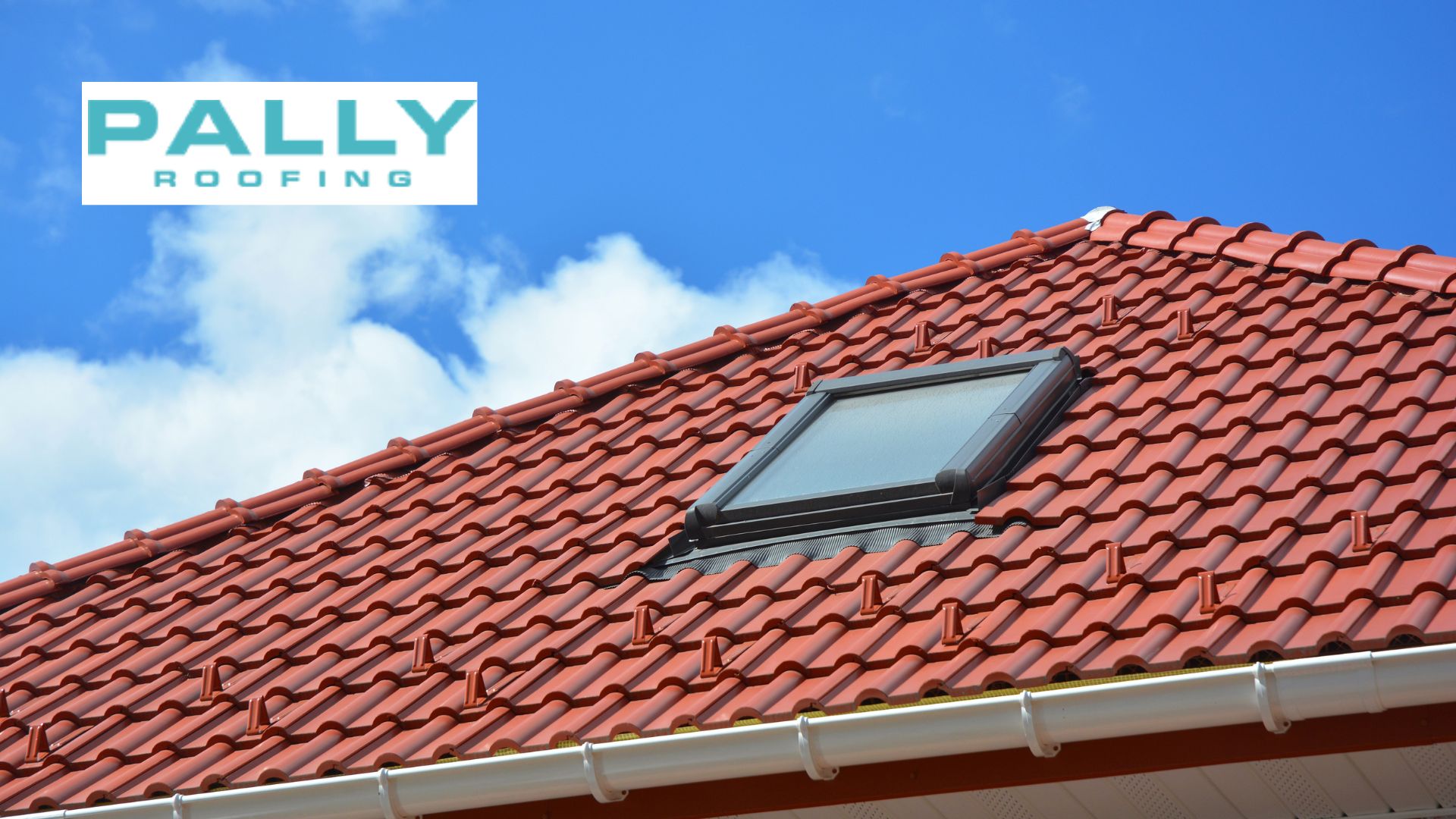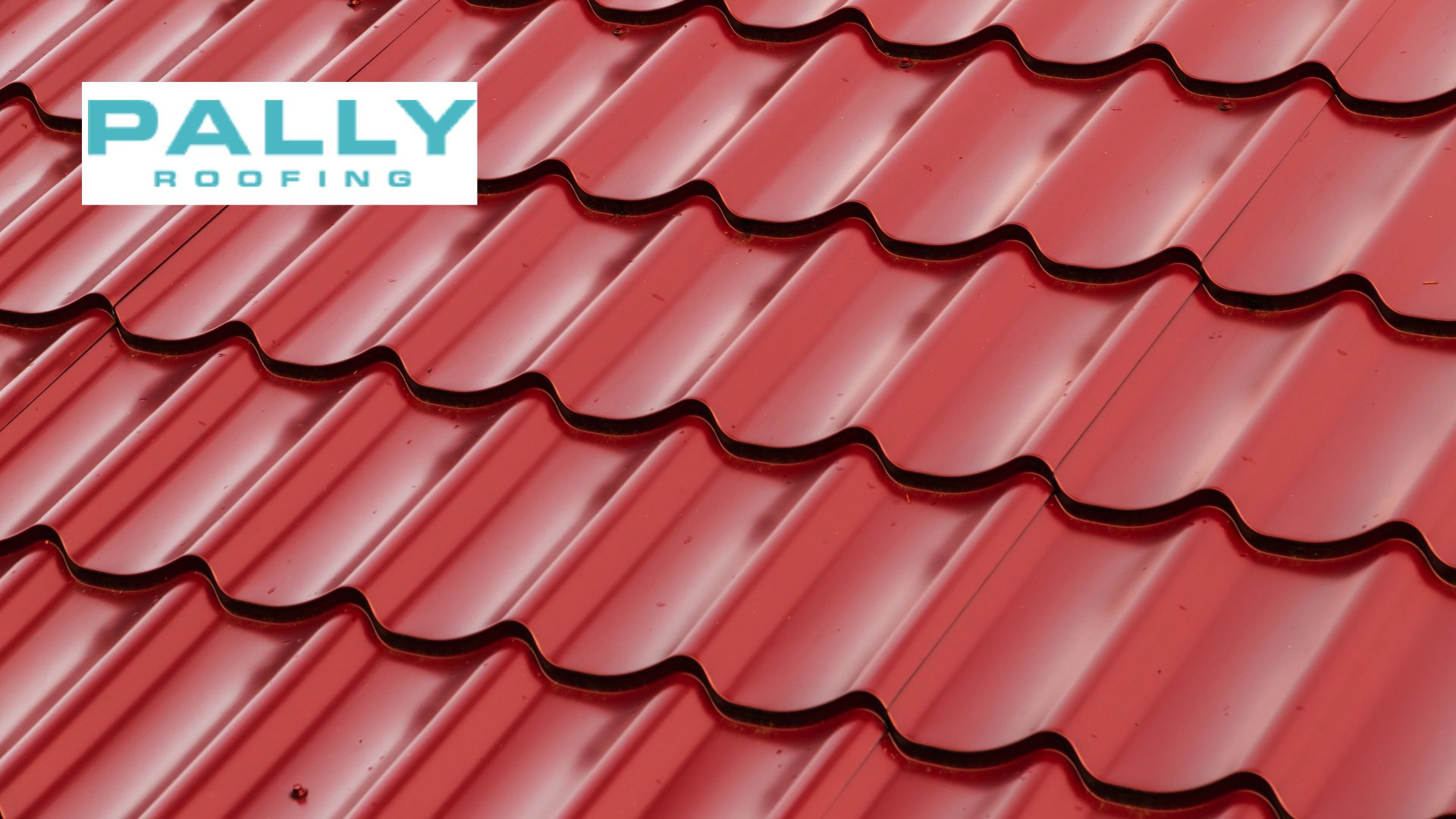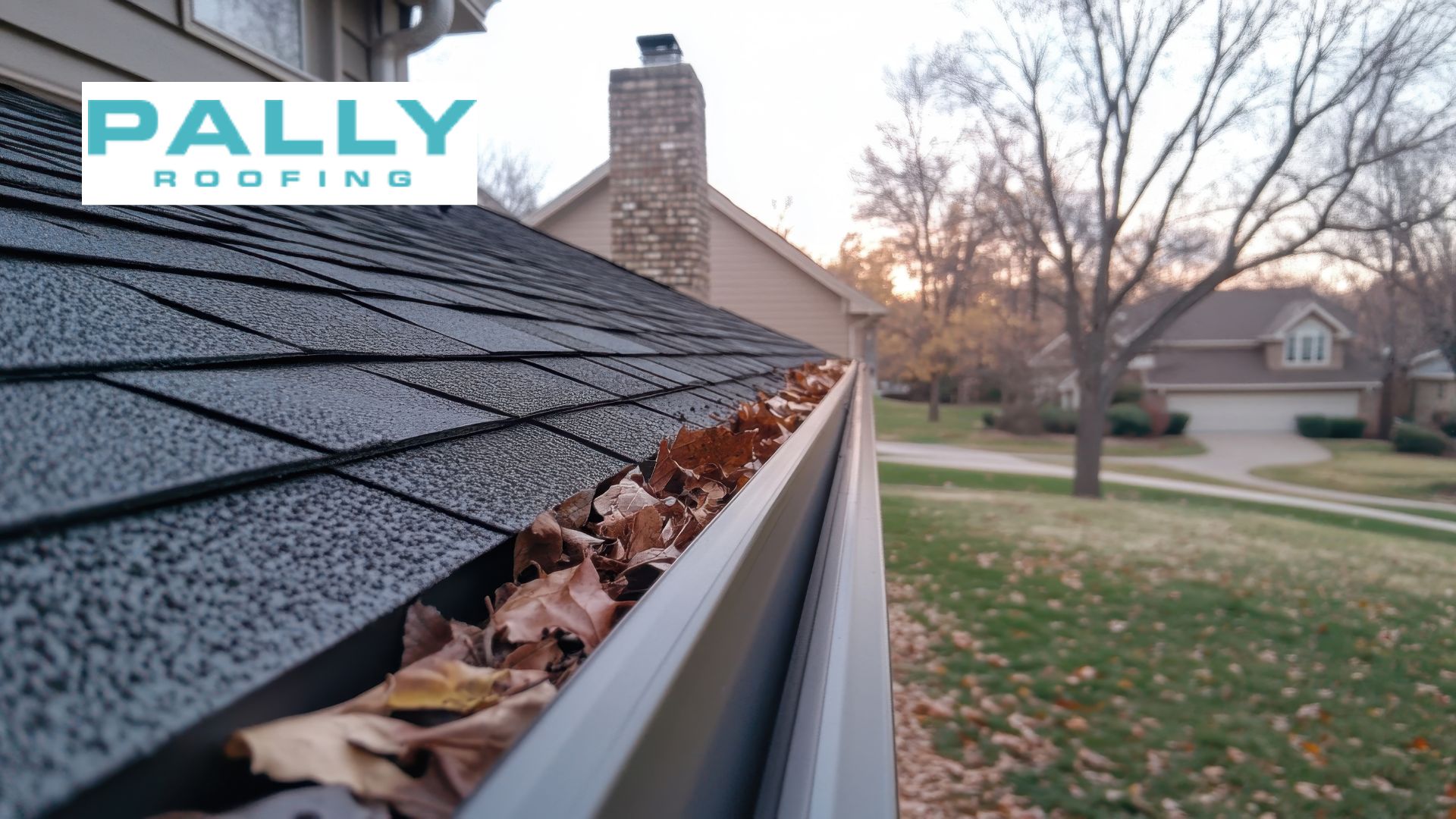Last updated on August 28th, 2024 at 09:21 am
Tax deductions for home improvements allow homeowners to offset some of the costs of maintaining and upgrading their properties. One significant aspect of these deductions revolves around roof maintenance and replacement.
Table of Contents
A well-maintained roof enhances a home’s aesthetic appeal and safeguards it from various weather elements, ensuring longevity and structural integrity.
With Pally Roofing, you can trust our commitment to prompt, reliable service and superior craftsmanship. Contact us today to schedule your roofing repair or installation project, and let us ensure that your home remains protected and beautiful for years to come.
Eligibility Criteria for Roof Replacement Tax Deductions
When considering whether a roof replacement qualifies for tax deductions, homeowners must meet specific eligibility criteria. The Internal Revenue Service (IRS) has specific guidelines and regulations regarding deductible expenses related to home improvements, including roof replacement.
To be eligible for roof replacement tax deductions, the following criteria generally apply:
Primary Residence: The property undergoing roof replacement must be your primary residence. Deductions typically do not apply to investment properties or second homes.
Substantial Improvement: The roof replacement must substantially improve the property, enhancing its value, longevity, or functionality. Routine repairs and maintenance may not qualify for deductions.
Capital Improvement: The roof replacement expense must be classified as a capital improvement rather than a regular repair. Capital improvements are considered investments in the property’s long-term value and are eligible for tax deductions.
Documentation: Proper documentation is essential when claiming roof replacement tax deductions. This includes invoices, receipts, contracts, and any other relevant records detailing the cost of the replacement and the work performed.
Homeowners must consult a tax professional or accountant to ensure compliance with IRS regulations and maximize eligible deductions. Homeowners can benefit from tax deductions for qualifying roof replacement expenses by understanding the eligibility criteria and following the necessary guidelines.
Is a New Roof Tax Deductible?
One common question among homeowners is whether installing a new roof qualifies for tax deductions. The answer depends on several factors, and it’s essential to address common misconceptions while clarifying the circumstances under which roof replacement can be deductible.
While the cost of a new roof is generally considered a capital improvement, which can potentially be eligible for tax deductions, there are specific conditions that must be met:
- Primary Residence: As mentioned earlier, the property undergoing the new roof installation must be your primary residence to qualify for tax deductions. Investment properties or second homes may not be eligible.
- Substantial Improvement: The new roof installation must substantially improve the property, increasing its value or extending its useful life. Replacing a roof due to normal wear and tear may not qualify for deductions.
- Capital Improvement vs. Repairs: It’s crucial to distinguish between capital improvements and routine repairs. While repairs are generally considered maintenance expenses and not deductible, capital improvements are investments in the property’s long-term value and may qualify for deductions over time.
- Energy Efficiency Upgrades: In some cases, installing an energy-efficient roof may make you eligible for tax credits rather than deductions. These credits incentivize homeowners to invest in environmentally friendly upgrades that reduce energy consumption.
- IRS Guidelines: When claiming a new roof installation, homeowners must adhere to the IRS guidelines and regulations concerning deductible expenses. These guidelines may vary depending on factors such as the type of roof material, the reason for replacement, and the taxpayer’s specific circumstances.
It’s essential to consult with a tax professional or accountant to determine your eligibility for tax deductions related to a new roof installation. They can provide personalized guidance based on your situation and help you navigate the complexities of tax regulations. Homeowners can make informed decisions regarding roofing investments and potential tax benefits by understanding the criteria and seeking expert advice.
Claiming Roof Replacement on Taxes: Step-by-Step Guide
- Gather Documentation: Collect all relevant documents, including invoices, receipts, contracts, and proof of payment for the roof replacement expenses.
- Determine Eligibility: Ensure the roof replacement meets the IRS criteria for deductible expenses, such as capital improvement to your primary residence.
- Complete IRS Forms: Depending on your situation, you may need to fill out Form 1040 or Form 1040-SR and Schedule A (Itemized Deductions) if you’re itemizing deductions.
- Calculate Deduction: Determine the amount of your deductible expenses related to the roof replacement. This typically includes the cost of materials, labor, and any additional fees.
- Itemize Deductions: If you’re itemizing deductions, include the total amount of your deductible expenses for the roof replacement on Schedule A.
- File Your Taxes: Submit your completed tax return and any required documentation to the IRS by the filing deadline.
- Retain Records: Keep copies of all documents related to the roof replacement for your records. These may be needed for future reference or in case of an IRS audit.
By following these steps and ensuring you have the necessary documentation, you can successfully claim roof replacement expenses on your taxes and benefit from valuable deductions.
Maximizing Tax Benefits for Roof Replacement
- Explore Energy Efficiency Credits: Consider investing in energy-efficient roofing materials to qualify for additional tax credits. Pally Roofing offers a range of eco-friendly options designed to improve energy efficiency and qualify for tax incentives.
- Document Home Improvements: Keep detailed records of all home improvements, including roof replacements. These expenses may increase your home’s basis, reducing potential capital gains taxes when you sell.
- Utilize Financing Options: Take advantage of financing options available for roof replacements, such as home equity loans or lines of credit, as the interest paid on these loans may be tax-deductible.
- Consult with Tax Professionals: Seek guidance from tax professionals or accountants who can help identify all available deductions and credits related to your roof replacement.
Conclusion
In conclusion, claiming tax deductions for roof replacement can provide valuable financial benefits for homeowners. By understanding the eligibility criteria, gathering necessary documentation, and following IRS guidelines, homeowners can offset some costs associated with maintaining and improving their properties.
At Pally Roofing, we’re dedicated to assisting homeowners with their roofing needs while providing resources and support to optimize tax benefits. Whether you’re considering a roof replacement for energy efficiency, durability, or aesthetic enhancement, our team is here to help. Contact us today to learn more and schedule your roofing consultation.
Frequently Asked Questions
Can I Claim A New Roof On My Taxes?
Yes, you may be eligible to claim a new roof on your taxes if it meets specific criteria, such as being a capital improvement to your primary residence.
Is Replacing A Roof Tax Deductible?
Replacing a roof can be tax deductible if it qualifies as a capital improvement and meets IRS guidelines for deductible expenses.
What Documentation Do I Need To Claim Roof Replacement On Taxes?
To support your claim when filing taxes, you'll need invoices, receipts, contracts, and proof of payment for the roof replacement expenses.
Can You Write Off A New Roof On Your Taxes?
Yes, under certain circumstances, you can write off a new roof on your taxes if it meets the IRS criteria for deductible expenses, such as being a necessary improvement to your home.
Author
-

With more than 16 years of hands-on experience, Phillip Schmucker is the knowledgeable owner of Pally Roofing. His dedication to superior roofing services has earned him a reputable place in the industry. Phillip also shares his extensive expertise through writing, providing readers with practical tips and professional advice on various roofing topics. Follow him on LinkedIn.
View all posts






